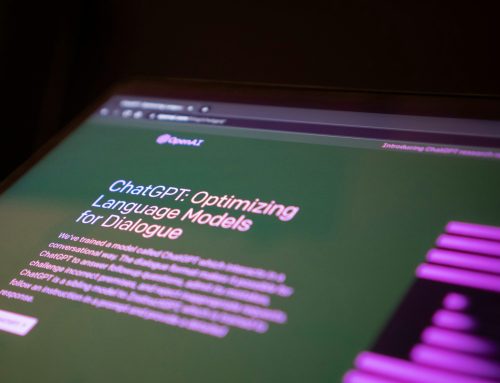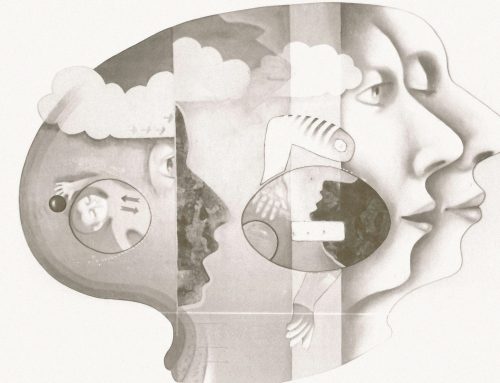In March 2013 the German Society for Philosophy of Science/Gesellschaft für Wissenschaftsphilosophie (GWP) held its first meeting. It is somewhat of a sociological puzzle why a country with such a rich tradition in philosophy of science did not have (up until now, that is) a society dedicated to the field.
The overarching conference theme was How Much Philosophy in the Philosophy of Science? In an age of increasing specialization, the question arises as to how much philosophy of science has moved towards science, and perhaps away from the philosophical tradition, and what are the consequences of this move for traditional philosophy on the one hand, and for the practice and theory of science on another.
The conference topic is welcome, especially in the context of the questions about the relationship between philosophy and science which emerged as a result of the recent denigrations of philosophy by physicists like Hawking and Krauss.
Some of the keynote lectures engaged explicitly with questions about the relationship between science and philosophy. Peter Godfrey-Smith identified three roles for philosophy: an integrative role, whereby philosophy makes contact with other fields and attempts to answer to the question of “how things in the broadest possible sense of the term hang together in the broadest possible sense of the term.” (Sellars); an incubator role, whereby philosophy develops ideas in a speculative form, and then once the right framework is developed and the right empirical questions are being formulated it passes them on to science; and an educative role ‒ philosophy teaches skills such as clarity, analysis, critical thinking. Godfrey-Smith defended a general view of philosophy that gives a central place to the synoptic/integrative view, and a secondary but still important place to the incubator role.
For Margaret Morrison the answer to the question of how much philosophy in the philosophy of science depends on what we want from philosophy of science. Do we want to use science to support our favourite philosophical position? Or do we want to provide some kind of philosophical perspective (conceptual foundation or analytical framework) for understanding the philosophical problems that science raises? For Morrison, the goal determines not only how much, but what kind of philosophy is required. Morrison was sceptical that the metaphysics and epistemology of science have achieved the goal of inquiring and illuminating the philosophical foundations of particular sciences. But she recognized that scientific theories and methodologies often generate their own philosophical problems and questions; philosophy does have a role here, but she claims that it is one that must take science rather than metaphysics as its starting point.
Stephan Hartmann argued for a Scientific Philosophy ‒ a kind of philosophy that addresses philosophical problems as science addresses scientific problems, i.e., by combining together a theoretical approach (logical analysis, mathematical modeling) and an empirical one (case studies, experiments, etc). Not surprisingly, Bayesianism can play a major role in scientific philosophy, as it can be extended from old topics like scientific confirmation into new territories, e.g., reduction.
There were about 100 participants in this conference and almost 30 sessions and symposia. Of these, two sessions and one symposium were on the topic of mechanisms, two sessions on philosophy of physics, and three sessions on general philosophy of science. There was also a session on the philosophy of chemistry, a branch of philosophy of science for which Germany is known. But examples from chemistry were invoked in many other talks: Johannes Lenhard invoked computational quantum chemistry in his talk about experiments, comp
uters and simulations, Jeff Kochan engaged critically with the work of chemist and philosopher Michael Polanyi in his talk about subjectivity in scientific research, Ramiro Glauer talked about chemistry in the context of emergence and reduction regarding the phenomena of life, and James Ladyman referred to the evolution of theories of oxidation in his argument about the retention of modal structure. Judging by the sheer number of talks in this conference which engaged with examples from chemistry, it would seem that this branch of science is being increasingly recognized as interesting and relevant by philosophers of science (especially those interested in reduction and emergence, and modeling and simulations).
The participation to the conference was clearly dominated by philosophers. Most of them were from Germany, as expected, but the international participation was pretty sizeable. There were some scientists at the conference, but their exact number or identity is difficult to find out given that the institutional affiliation of the participants was left out of the program.[1] Philosophers of science often complain that their work is not being considered by scientists. Events like this conference could provide a forum where scientists and philosophers could talk to each other. Unfortunately, all of the keynote speakers were philosophers, and the reasons for this disciplinary divide and how it could be fixed in the future were left unaddressed.
Another aspect in the organization of the conference that could benefit from future reflection is the registration fee categories. The participants and the conference registration fees are split into two categories: students and non-students, with the former having to pay less. But increasingly many participants are recent Ph.D. graduates who are on the job market. These are not students anymore, but they do not have a steady income either ‒ many of them teach part time as sessional instructors. In fact, their income is often similar to that of a graduate student, minus the certainty. Yet, the conference registration fee they have to pay is the same as that of a tenured professor. Perhaps a third category is needed for these people. This problem is not peculiar to this conference, but is a general problem shared by many other conferences.
One of the things that were laudable about this conference was a panel discussion about the problems and prospects for those desiring to embark on a career in philosophy and science. Besides university professors and a young philosopher, there were a couple of representatives from private foundations: Thomas Brunotte from the Volkswagen Foundation, and Christoph-Friedrich von Braun from the Andrea von Braun Foundation. This was a very informative plenary session in which the panelists discussed with the audience about navigating the demands of an interdisciplinary field like philosophy of science, and the hurdles and opportunities that are faced by the young people desiring a career in this field. This was a very informative session, in which the participants were extremely frank and authentic. Kudos to the organizers for such a wonderful idea, which should be replicated by similar conferences in North America and elsewhere!
Overall, the inaugural conference of the German Society for Philosophy of Science was a success. The addition of this conference to the already established PSA and EPSA is welcome not only for the philosophers of science residing in Germany or in Europe (UK and Turkey included), but also globally, for the philosophy of science community as a whole.
[1] At least one exception was the physicist Michael Krämer who took part in a symposium on the epistemology of the Higgs particle.





